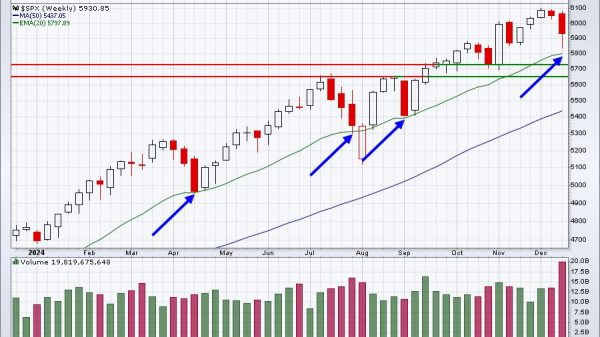A director of Ofgem has quit in protest at its decision to add hundreds of pounds to household bills this winter by changing the way it calculates the energy price cap.
Christine Farnish said she had resigned because did not believe that the regulator had “struck the right balance between the interests of consumers and the interests of suppliers”.
Her resignation is a further blow to the embattled regulator, which MPs have already accused of pushing up bills by being “negligent” and “incompetent” in its regulation of energy suppliers.
Ofgem announced earlier this month that it was changing the methodology of the cap to enable suppliers to recoup wholesale energy hedging costs sooner. The regulator insisted the change was necessary to prevent more suppliers going bust, after the costly failure of 29 companies over the past year.
It is understood that Ofgem analysis suggested all bar two of the remaining suppliers could either go bust or exit the market if it didn’t make the change.
Analysts at Investec estimated that the methodological change would add more than £400 to the level of the price cap in January, taking it to an estimated £4,200 a year, from £1,971 at present.
Farnish, who had served as a non-executive director on Ofgem’s board since 2016, told The Times: “I resigned from the Ofgem board because I could not support a key decision to recover additional supplier costs from consumer bills this winter.”
She said she believed that the move “would add several hundred pounds to everyone’s bill in order to support a number of suppliers in the coming months”.
Farnish, a former chairwoman of Consumer Focus, acknowledged that decisions over the price cap were “never easy” and that Ofgem had to “weigh up a number of factors such as the sustainability of the market, the likelihood of supplier exits and the costs associated with that, and the impact on consumer energy bills”. But she said Ofgem’s board was “charged with an overarching legal duty to protect the interests of consumers”.
An Ofgem spokeswoman said: “Due to this unprecedented energy crisis, Ofgem is having to make some incredibly difficult decisions where carefully balanced trade-offs are being weighed up all the time. But we always prioritise consumers’ needs both in the immediate and long term.
“The rest of the board decided a shorter recovery period for energy costs was in the best interest of consumers in the long term by reducing the very real risk of suppliers going bust, which would heap yet more costs onto bills and add unnecessary worry and concern at an already very difficult time.”
She thanked Farnish for “her many years of devoted service to Ofgem”.
Read more:
Ofgem director Christine Farnish quits in protest over energy price cap
























